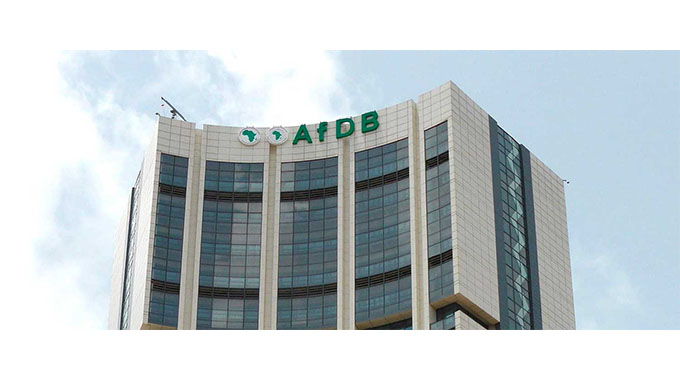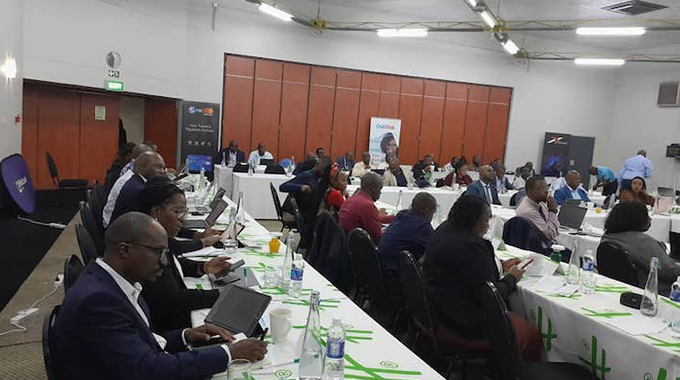AfDB engages Zida to fundraise for projects

Nqobile Bhebhe, [email protected]
The African Development Bank (AfDB) has engaged Zimbabwe Investment and Development Agency (Zida) to fundraise for several projects at the Africa Investment Forum with a net worth not exceeding US$30 million.
The projects sought should qualify for implementation under the public-private partnerships (PPPs), be aligned with national priorities, reach an advanced stage of bankability and should be financially and economically viable projects.
Added to that the projects should support and promote regional integration and the Sustainable Development Goals (SDGs) and be foreign currency-generating capacity projects.
The Africa Investment Forum is Africa’s investment marketplace, championed by the AfDB and its partners to accelerate the closure of the continent’s investment gaps. It operates as a multi-stakeholder, multi-disciplinary platform dedicated to advancing projects to bankable stages, raising capital and accelerating the financial closure of deals.

Zimbabwe Investment and Development Agency
In its second-quarter report, Zida said it has engaged various Government agencies and is shortlisting projects for submission to the AfDB.
“During the period under review, the agency was engaged by the African Development Bank (AfDB) to solicit potential projects that are developed or are at an advanced stage of bankability.
“AfDB intends to fundraise for these projects at the Africa Investment Forum. The platforms allow investors to interrogate projects shortlisted to ensure they match investment expectations,” reads part of the report.
AfDB is a regional multilateral development finance institution established to contribute to the economic development and social progress of African countries that are the institution’s Regional Member Countries (RMCs).
The AfDB comprises three entities, the African Development Bank (ADB), the African Development Fund (ADF) and the Nigeria Trust Fund (NTF).
As the premier development finance institution on the continent, the AfDB’s mission is to help reduce poverty, improve living conditions for Africans and mobilise resources for the continent’s economic and social development.
AfDB is leading the country’s debt clearance strategy, which is key for Harare to unlock fresh funding from international financial institutions (IFIs). Zimbabwe has been making token payments to all the foreign financiers it owes, among them the Paris Club, which has 17 members, the World Bank and the AfDB.
Based on the report, in the period under review, several public-private PPPs with a combined value of more than US$186 million were approved.
Among the notable projects include the construction of the 120 km Bulawayo-Old Gwanda Road at a cost of US$150 million by a private contractor-Zwane Enterprises. The project is being implemented under the Build, Operate and Transfer (BOT) arrangement.
Another project includes a US$22,9 million Zimbabwe Mining Development Corporation (ZMDC) and Afrochine Smelting Ltd partnership to resume copper mining at Sanyati Mine.
ARISE Integrated Industrial Platforms (ARISE IIP) submitted a proposal for a partnership with the Government for the development, financing and management of agro industrial zones at designated locations in Zimbabwe.

ARISE IIP is exploring potential partnerships with some of the publicly owned SEZs such as Sunway City, Fernhill, Beitbridge and Umvumela through the Agency’s facilitation.
In pursuance of Vision 2030, the Government has created a vehicle through an Act of Parliament to enhance economic recovery via domestic and Foreign Direct Investment (FDIs).
Zida offers incentives to investors and undertakes all that makes Zimbabwe a safe investment destination.
It co-ordinates investment projects by taking advantage of existing national synergies. The agency provides a one-stop shop investment centre that facilitates, licences and operationalise investments.
The establishment of Zida is one of the success stories of the New Dispensation’s economic reforms aimed at rejuvenating the productive sector and creating more jobs. The grand plan is to realise an upper middle-income economy by 2030.











Comments